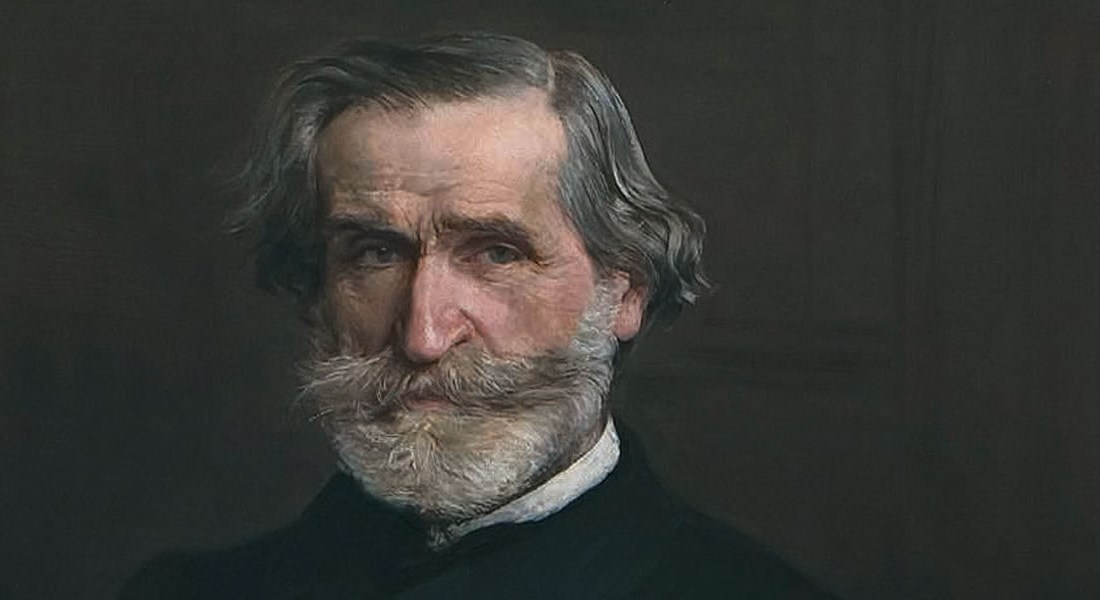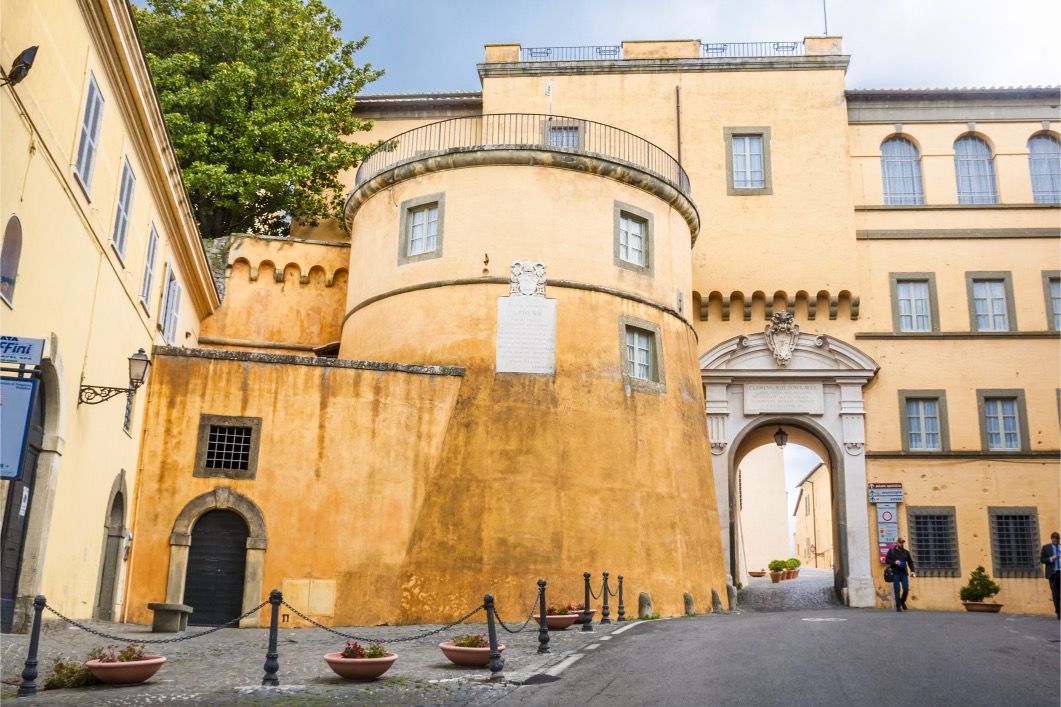Anyone who has had exposure to the world of opera has heard of the famous opera composer Giuseppe Verdi. Very likely, they have also heard of some of his more famous works like Aida, La Traviata, or Otello. Yet, almost certainly very few have heard of Verdi’s involvement with a political movement called Viva Verdi (Long live Verdi). Surprisingly, it has a hidden meaning. Starting in 1859, this catchy slogan took on the significance as an acronym: Viva Vittorio Emanuele Re D‘Italia (VivaVictor Emmanuel King of Italy), who was actually the king of Sardinia at the time (https://en.wikipedia.org/wiki/Giuseppe_Verdi)
After his career as a composer had been well-established, Verdi’s interest turned to politics. It is not known when his association started with the Risorgimento movement, but one of his compositions in particular is most clearly linked to the Italian nationalist movement. Verdi met Giuseppe Mazzini, the leader of that movement, in London. A year later, in 1848, Mazzini requested that Verdi write a patriotic hymn and Verdi answered with an opera in four acts La battaglia di Legnano (The Battle of Legnano).
In 1859, Verdi entered politics in a more concerted fashion. He was elected as a member of the new provincial council, and was appointed to head a group of five who would meet with King Vittorio Emanuele II in Turin. He continued to dabble in politics for several years after that initial foray. As a result, his name came to be associated with the Italian unification.
Likely due to his political activities, some other works by Verdi came to be associated informally with the Italian unification movement, most notably his opera Nabucco. It may be for that reason that on the occasion of Verdi’s death in 1901 “. . . Almost a quarter of a million people took to the streets, marching to Va, Pensiero from Nabucco – better known as the Chorus of Hebrew Slaves – sung by a massed choir under the baton of celebrated maestro Arturo Toscanini.” (http://www.bbc.com/culture/story/20131002-verdi-when-music-meets-politics).
Verdi deserved a place in the hearts of the Italians for his music, but also captured the attention of millions of Italians for his contributions to Italian unification.
p.p1 {margin: 0.0px 0.0px 0.0px 0.0px; font: 12.0px Helvetica; color: #454545} p.p2 {margin: 0.0px 0.0px 0.0px 0.0px; font: 12.0px Helvetica; color: #454545; min-height: 14.0px}





























